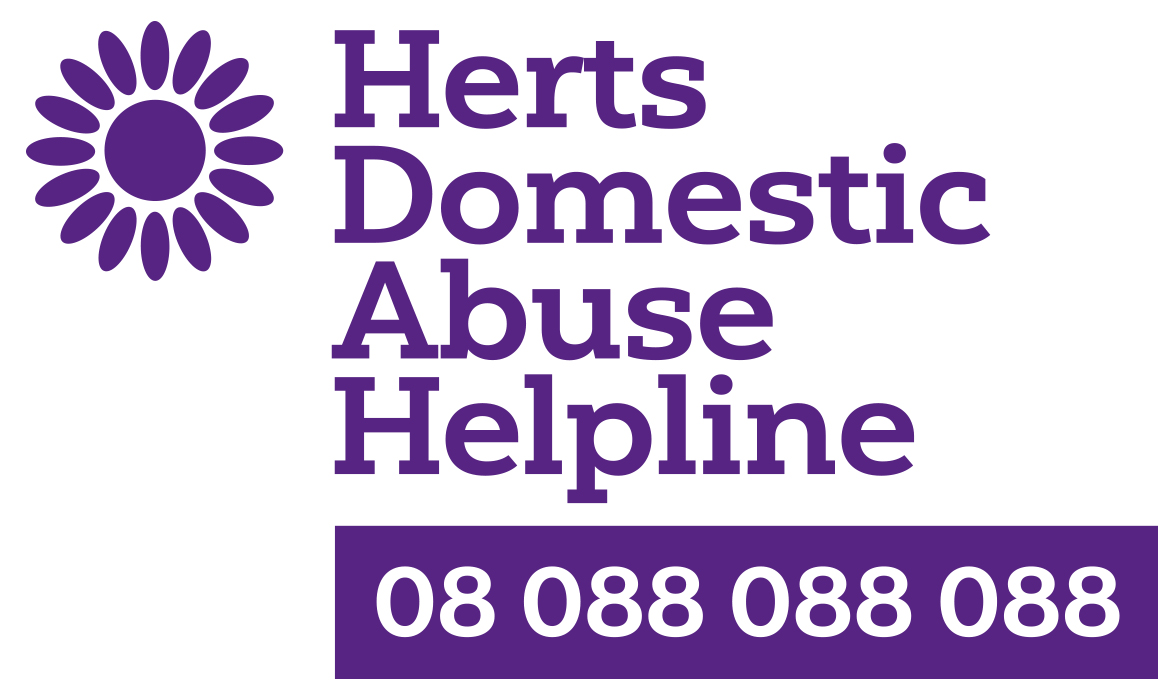I am an educated woman with a successful professional career. I grew up in a stable, loving family. People who know me would describe me as confident, self-assured and intelligent, and as someone who wouldn’t take being messed around by anybody. Yet 13 years ago, I got sucked into an abusive relationship which lasted for five years. For four years I struggled to leave my abuser and to stay away. In the relationship I sustained coercive control, emotional, mental and physical abuse, some of which was life threatening. Contrary to the perception of many, abuse can happen to anyone. It does not discriminate. Whatever your sex, age, sexual orientation, race, religious belief, home background, where you live or your level of education, it could happen to you or someone you know and love. I’m not going to go into the details of what happened in this piece because this is not what I’m wanting to share right now, but it’s enough of a back story to explain a little about me and my experiences of abuse. I had an epiphany recently which I was really excited about and would like to share with you.
I have been watching, or rather studying, domestic abuse news reports, as well as scrolling through and reading various posts on social media sites and abuse support groups, and can see a shift in society’s awareness and tolerance of abuse. The ‘Me Too’ campaign has also highlighted that society is waking up to how women have been, and continue to be manipulated, by men in positions of power, which to me resonates strongly with the imbalance of power within abusive relationships. Society is becoming more aware that “power over” someone else is used in a negative way and is not acceptable. However, I still believe that remnants remain of domestic abuse and domestic violence being a taboo subject. More especially for men who have experienced abuse from a female partner. People still feel uncomfortable discussing domestic abuse. Victims still feel shame, and are extremely vulnerable sharing their stories. Others feel uncomfortable listening to victims discussing what happened to them and because of that the experience of victims gets overlooked. Recently MP Rosie Duffield spoke about her experiences of domestic abuse and coercive control in parliament. Probably one of the bravest things I’ve ever seen. To tell her story in an open, public arena took enormous courage and showed great vulnerability. It moved many to tears. As uncomfortable and vulnerable as it still makes me feel, I am writing this because if it helps one more person decide to leave an abusive relationship it will be worth it.
The picture attached to this piece came up on one of my friend’s timeline on Facebook. I don’t know who created the picture so sadly I cannot credit them with it. When I saw it, it was an epiphany moment. To me it perfectly sums up how I felt trying to leave an abusive relationship. I felt I was whirling around and around, faster and faster, on this hellish nightmare of a merry go round, and as crap and horrifying as my life was with him, I just didn’t seem to be able to step off and break away. It was like the momentum of it kept me there. I saw other people leaving their abusers. I saw people who had left an abuser years before and who were now living happy, fulfilled and safe lives. My abuser had pretty much broken me and reduced me to a shell of a person. I didn’t see that I had the same strength that they did. So I stayed stuck on the ride. Immobile. Frozen like in our nightmares. Except this was a living nightmare and I was awake.
Sometimes when I was with him I wished I was dead so the pain inside me would stop. When talking to other victims I could see clearly that they were being abused but when it came to me it wasn’t so easy; I made excuses for my abuser and justified it so that it was all somehow my fault. My internal dialogue said he loved me so this couldn’t be abuse. Still I continued to ride around and around and around, stuck on the ride.
Anonymous victim’s story
Submitted by DCI Ben Wright, DAISU, Herts Police

